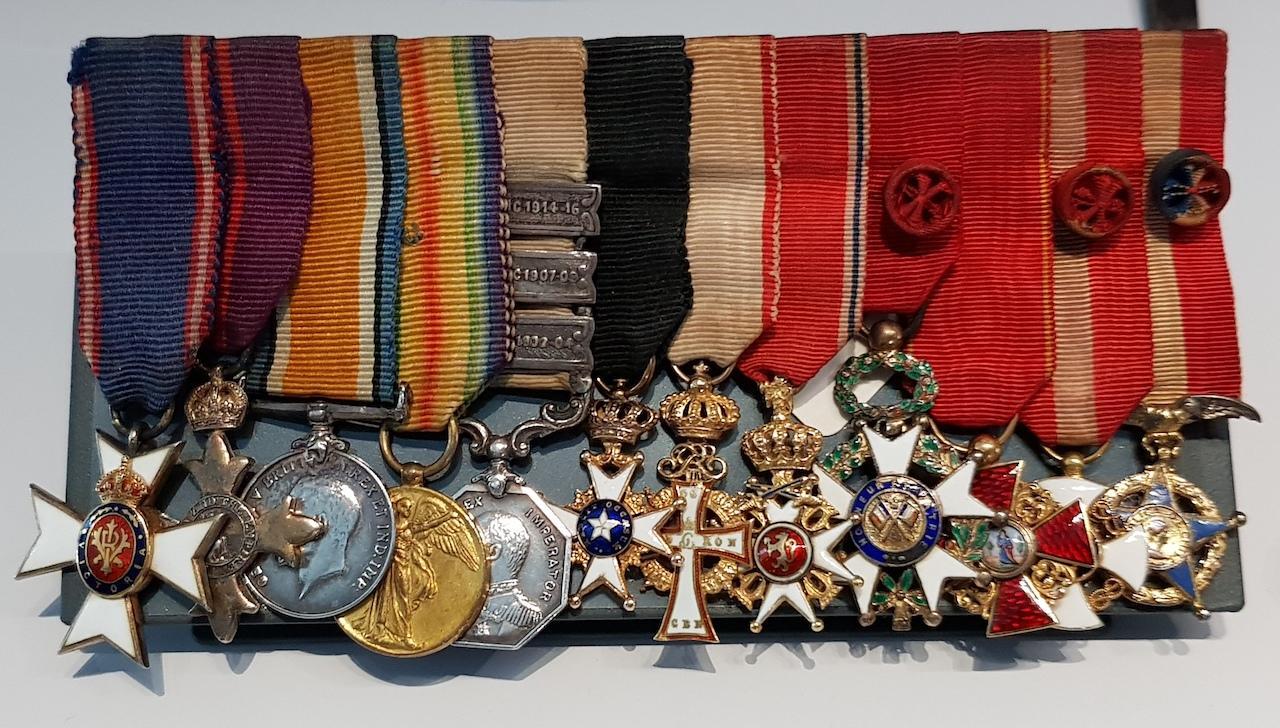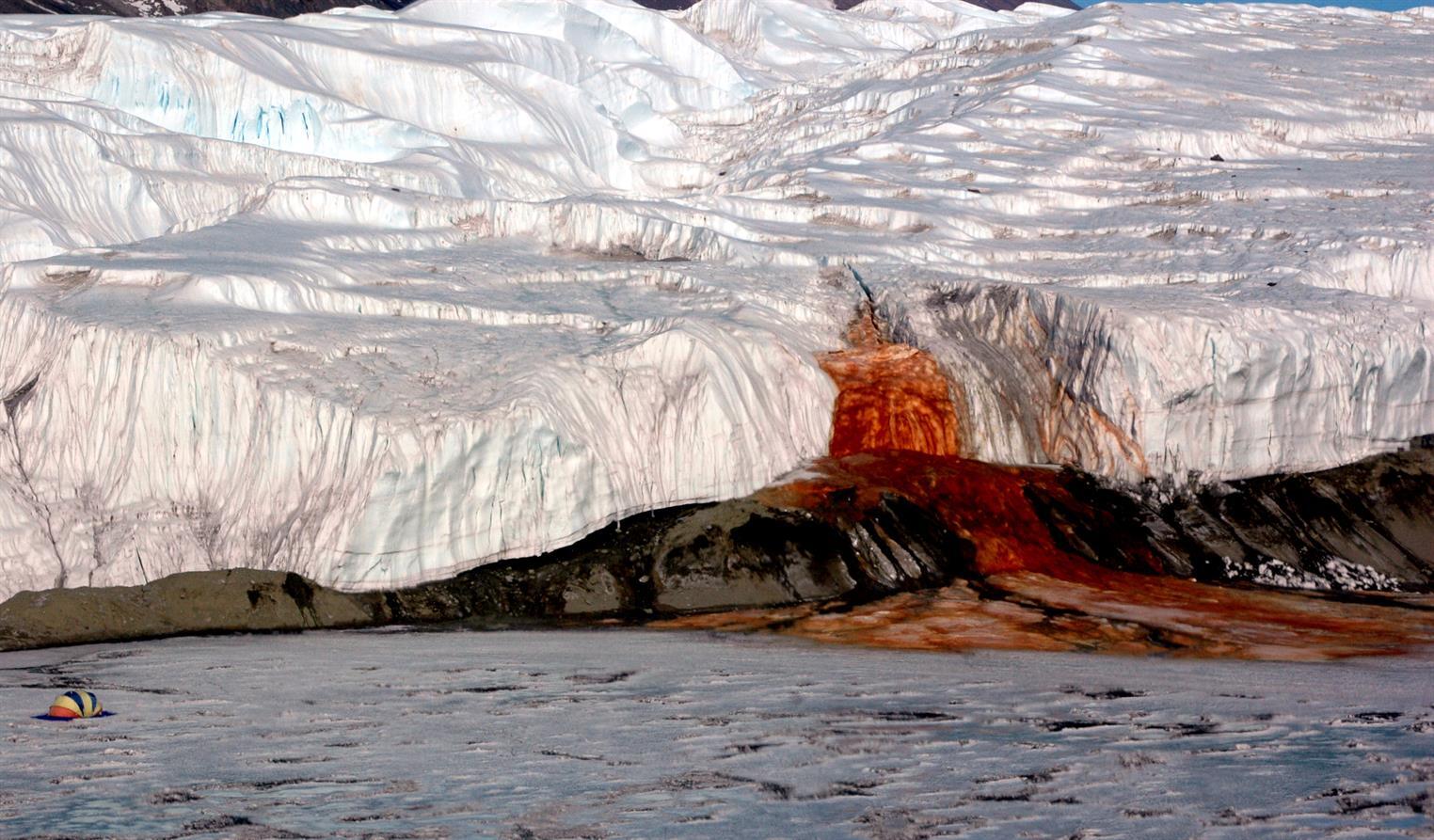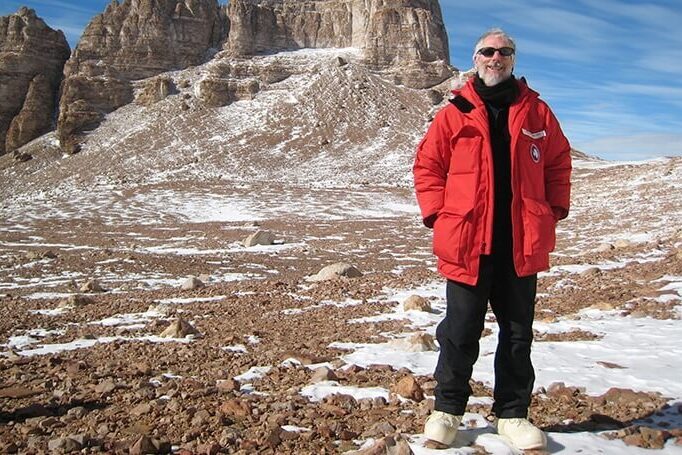Conclusion and Legacy
Aftermath
The Nimrod returned to New Zealand on March 23, 1909, thus finishing the two year long expedition. The men were applauded by many for the advancements they made in both Antarctic exploration and scientific research. Ernest Shackleton was awarded medals and honors from many nations including Sweden, Denmark, and Russia. He was also knighted and made a Commander of the Royal Victorian Order by King Edward VII. Later, David, Adams, Priestly, and Mawson received knighthoods for their work in Antarctic exploration.
Greater Antarctic Context
Within the greater context of Antarctic exploration, this expedition is placed squarely between two crucial expeditions. The Nimrod Expedition was the result of Shackleton’s involvement in Robert Scott’s Discovery Expedition from 1901-1904. This expedition ended in embarrassment for Shackleton as he was sent home on the relief ship in 1903 after a bout with scurvy. After this experience, Shackleton believed that he could expand the scientific and exploratory knowledge gained by the Discovery Expedition with his own journey to the Antarctic, which became the Nimrod Expedition. Shackleton’s expedition paved the way for both Roald Amundsen and Robert Scott’s expeditions to the South Pole as Shackleton’s crew discovered the Beardmore Glacier through which there was a route to the South Pole.
Scientific Legacy
Though it may seem the Nimrod Expedition did not produce the most revolutionary scientific findings, within the parameters and context of the time, the crew members contributed to foundational research which is part of the ever-evolving legacy of Antarctic research. From studies of microscopic life which grant insight into evolving human impacts on the furthest reaches of the world, to Blood Falls which offers possible insights into extraterrestrial life, Antarctica continues to be a site of considerable scientific inquiry, today.
Works Cited
Bullock, Mike. “Shackleton’s Nimrod Expedition.” In Priestley’s Progress. United States: McFarland & Company, Incorporated Publishers, 2017
Rejcek, Peter. Blood Falls. 29 Nov. 2006. US Arctic Program , https://photolibrary.usap.gov/PhotoDetails.aspx?filename=BLOOD_FALLS.JPG.
“The Future of the Arctic with Dr. Ross A. Virginia.” Eurasia Foundation, 9 Nov. 2021, www.eurasia.org/the-future-of-the-arctic-with-dr-ross-a-virginia/.



